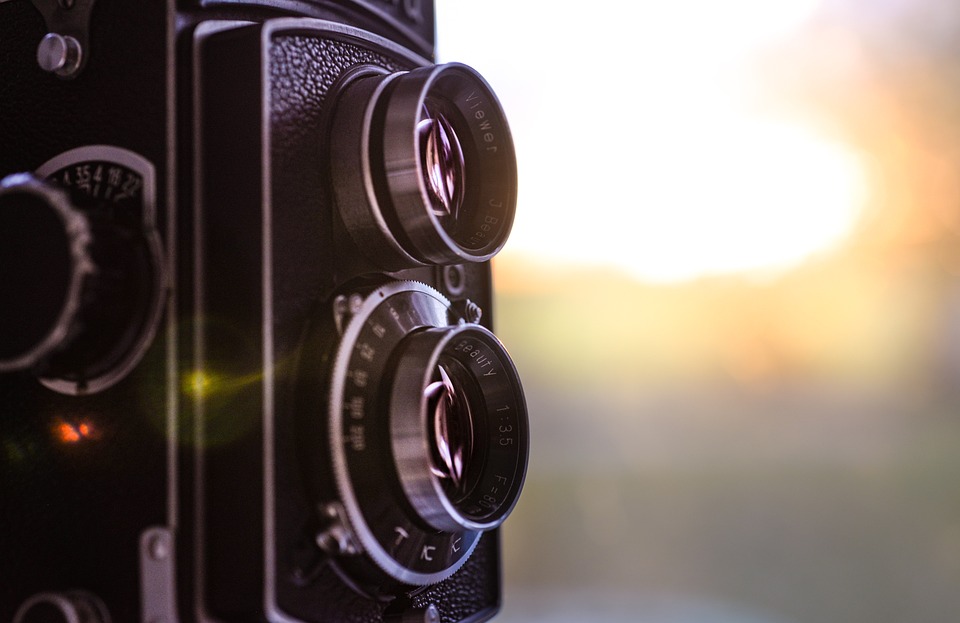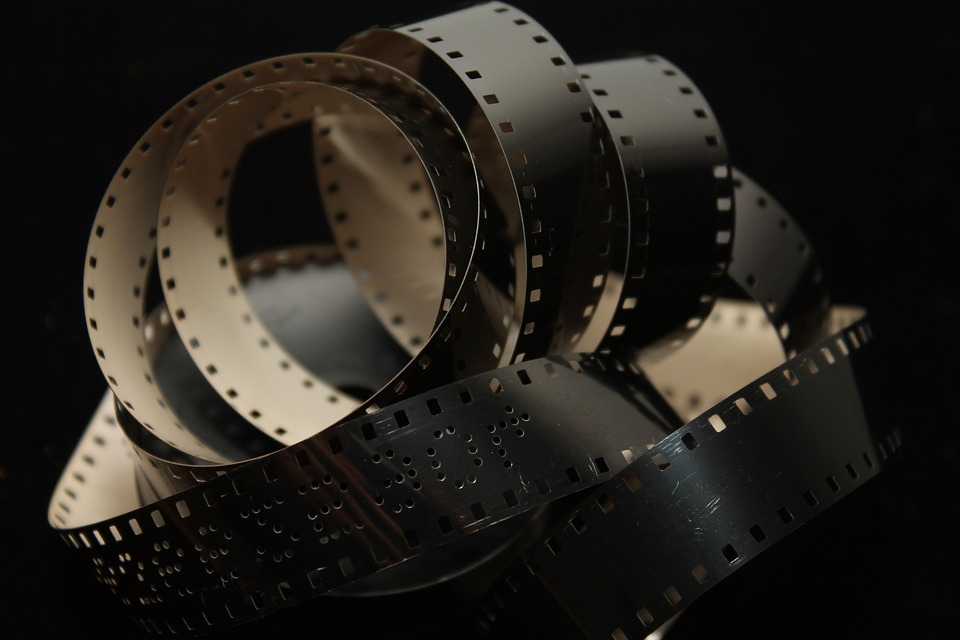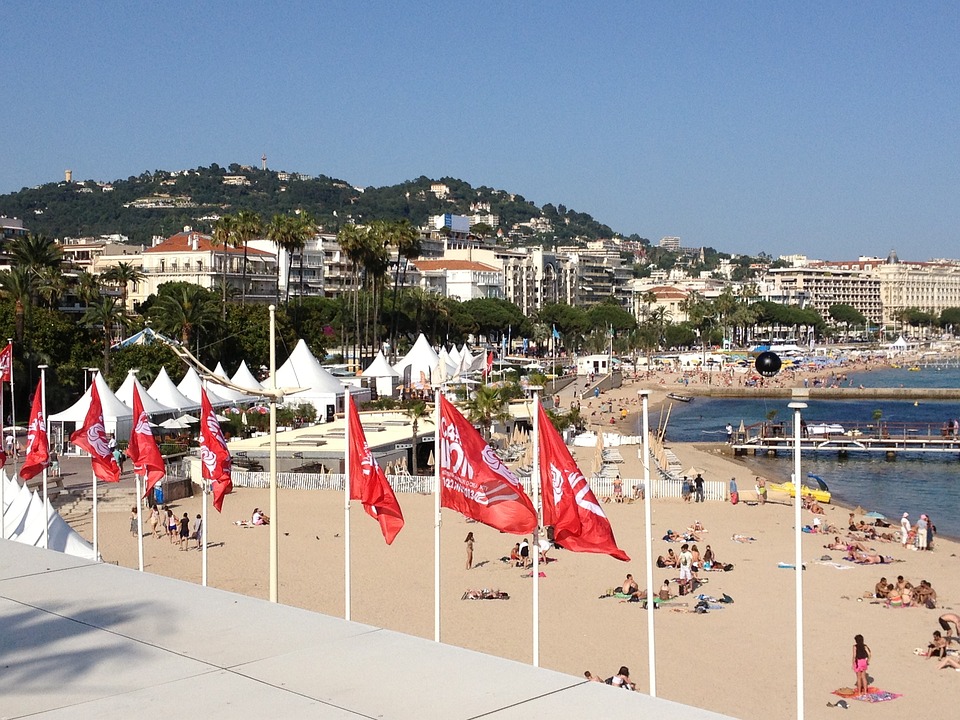Cannes Critics’ Picks: A Look at the Most Acclaimed Films in Festival History
The Cannes Film Festival is one of the most prestigious and renowned film festivals in the world. Every year, thousands of filmmakers, actors, and film lovers gather in Cannes, France to celebrate the art of cinema. While the festival showcases a diverse range of films from around the globe, only a select few are chosen as the best of the best by critics and audiences alike. In this article, we will take a closer look at some of the most acclaimed films in Cannes festival history.
1. Parasite (2019)
Directed by Bong Joon-ho, “Parasite” made history by becoming the first South Korean film to win the Palme d’Or, the highest prize awarded at Cannes. The film follows a poor family who infiltrates the lives of a wealthy family, leading to unexpected and devastating consequences. “Parasite” received rave reviews from critics and audiences alike for its unique storytelling, brilliant acting, and powerful social commentary. It went on to win numerous awards, including the Academy Award for Best Picture, making it one of the most celebrated films in recent years.
2. Blue is the Warmest Colour (2013)
Directed by Abdellatif Kechiche, “Blue is the Warmest Colour” is a coming-of-age drama that follows the passionate love affair between two young women. The film received widespread acclaim for its raw and emotional storytelling, as well as the performances of its two lead actresses, Adele Exarchopoulos and Lea Seydoux. “Blue is the Warmest Colour” won the Palme d’Or at Cannes in 2013, making it the first film to be awarded to both the director and the lead actresses. The film sparked controversy for its explicit sexual content, but it was praised for its honest portrayal of love and relationships.
3. The Pianist (2002)
Directed by Roman Polanski, “The Pianist” is a powerful drama based on the true story of Holocaust survivor Wladyslaw Szpilman. The film stars Adrien Brody in an Oscar-winning performance as Szpilman, a Jewish pianist who struggles to survive in war-torn Warsaw. “The Pianist” received critical acclaim for its haunting portrayal of the Holocaust, as well as Polanski’s masterful direction and Brody’s compelling performance. The film won the Palme d’Or at Cannes in 2002 and went on to win three Academy Awards, including Best Director for Polanski.
4. The Tree of Life (2011)
Directed by Terrence Malick, “The Tree of Life” is a visually stunning and ambitious film that explores the meaning of life and existence. The film follows the journey of a young boy as he grows up in 1950s Texas, while also delving into the creation of the universe and the nature of God. “The Tree of Life” received mixed reviews from critics, with some praising its poetic imagery and philosophical themes, while others criticized its meandering plot and abstract storytelling. However, the film won the Palme d’Or at Cannes in 2011 and was nominated for several Academy Awards, including Best Picture.
5. Pulp Fiction (1994)
Directed by Quentin Tarantino, “Pulp Fiction” is a groundbreaking crime drama that weaves together three interconnected stories involving mobsters, hitmen, and boxers. The film’s non-linear narrative, sharp dialogue, and memorable characters captivated audiences and critics alike, earning it the Palme d’Or at Cannes in 1994. “Pulp Fiction” revitalized the career of John Travolta and solidified Tarantino’s reputation as one of the most innovative filmmakers of his generation. The film went on to become a cultural phenomenon and is still regarded as one of the greatest films in cinema history.
6. La Dolce Vita (1960)
Directed by Federico Fellini, “La Dolce Vita” is a classic Italian film that explores the decadence and corruption of Rome in the 1960s. The film follows journalist Marcello Rubini as he navigates the glamorous and seedy world of celebrities, socialites, and paparazzi. “La Dolce Vita” won the Palme d’Or at Cannes in 1960 and received widespread acclaim for its stylish direction, sharp satire, and iconic performances. The film’s iconic imagery, including the famous scene of Anita Ekberg wading into the Trevi Fountain, has become synonymous with the golden age of Italian cinema.
7. Apocalypse Now (1979)
Directed by Francis Ford Coppola, “Apocalypse Now” is a mesmerizing and haunting war epic that follows a U.S. Army captain as he journeys up the Mekong River to assassinate a renegade colonel during the Vietnam War. The film’s epic scope, stunning cinematography, and powerful performances by Martin Sheen and Marlon Brando received universal acclaim from critics and audiences alike. “Apocalypse Now” won the Palme d’Or at Cannes in 1979 and went on to win two Academy Awards, including Best Cinematography. The film is now regarded as a cinematic masterpiece and a classic of the war genre.
In conclusion, the Cannes Film Festival has a long and storied history of showcasing some of the greatest films ever made. From groundbreaking masterpieces like “Parasite” and “Pulp Fiction” to classic gems like “La Dolce Vita” and “Apocalypse Now,” Cannes has consistently honored films that push the boundaries of cinema and leave a lasting impact on audiences. As the festival continues to evolve and adapt to the changing landscape of film, one thing remains constant: Cannes will always be a place where the best of the best come to shine.



